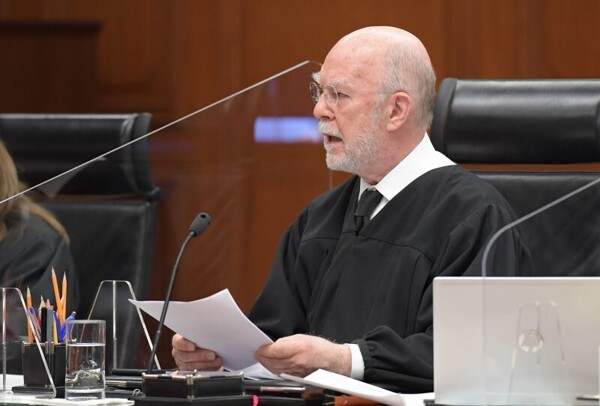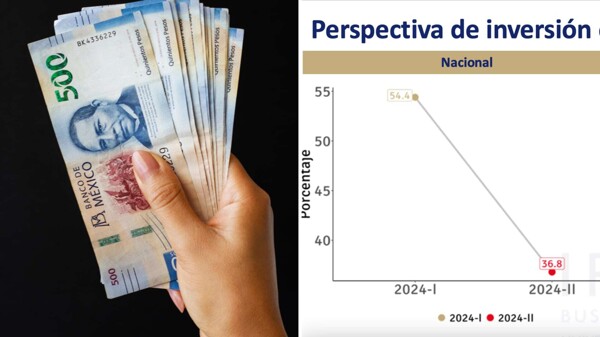
The people of Mexico, as a whole, chose to determine the specific form of government for their country. The Mexican Constitution establishes in its Article 40 the will of the Mexican people to constitute a representative, democratic, secular, and federal Republic. This means that the review of certain constitutional reforms is necessary to uphold the fundamental principles of the country, and this task falls to the Supreme Court as the defender of the Constitution.
In the case of analyzing the constitutionality of a constitutional reform, the reference point is that this reform should not affect the principles of the republican, representative, democratic, secular, and federal form. The Supreme Court must be deferential to those reforms approved through the required procedures, limiting itself to invalidating only what violates the aforementioned principles.
The summary of the presentation indicates that the judicial reform, approved with the necessary votes, must be reviewed based on constitutionality, requiring the study of aspects that contradict the fundamental principles of the country. For its part, the Strategic Litigation document indicates that the proposed ruling validates certain points of the reform, such as the reduction of the Full Chamber of the Supreme Court and the creation of the Judicial Discipline Tribunal, while invalidating other aspects, such as the election of judges through Selection Committees and popular vote.
The Constitution of Mexico, in effect since 1917, is the result of a federal pact arising from the Mexican Revolution. Both the National Strategic Litigation Council and the Supreme Court of Justice of the Nation have published summaries of the project ruling drafted by Minister Juan Luis González Alcántara Carrancá, which partially invalidates the judicial reform that has been in effect since September 15. The minister proposes to validate certain articles and reject others related to the election of judges and magistrates.
The importance of analyzing the constitutionality of an unconstitutional reform lies in ensuring that human rights and the constitutional pact recognizing the autonomy of the Judiciary are respected. The review process involves evaluating both formal defects and possible violations of these principles, with the aim of maintaining the proper functioning of institutions in Mexico.














